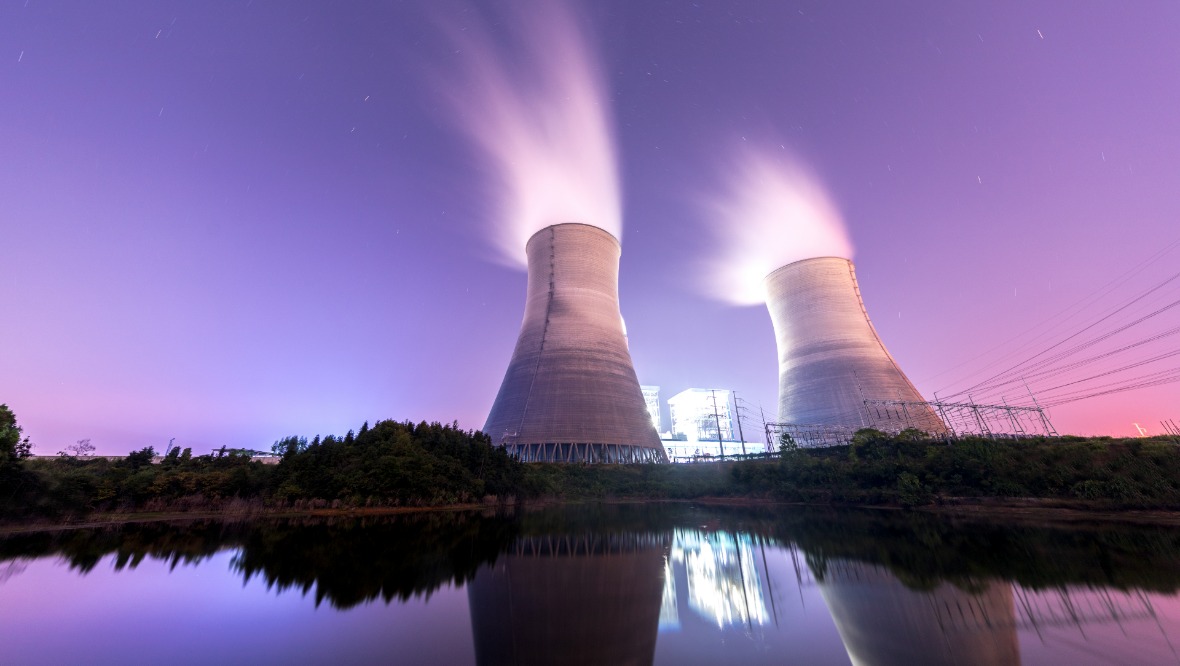The UK Government’s energy strategy has a firm focus on long-term supply rather than demand.
It is an attempt to increase the UK’s ability to withstand any future shocks in energy markets.
But just as important as what it set out to do is what is does not do.
This is not a plan to address the price hikes in gas and electricity which is driving the cost-of-living crisis.
It is not intended to provide immediate relief to struggling households.
That is what has angered environmentalists and some energy experts who are calling it a “missed opportunity” to improve energy efficiency.
Lowering demand, they argue, would reduce household bills as well as benefit the environment.
While there are positives when it comes to accelerating the production of renewable electricity, there is nothing on insulating homes or electrifying transport and heating.
They are also angry at the proposal to expand oil and gas production.
Friends of the Earth Scotland have described that as “unbelievably reckless”.
And the Scottish Government has said it will not provide a short-term solution to energy concerns since several sites could potentially take years to come online.
It says any new developments in the North Sea would need to pass climate compatibility checks.
And they will do little to ease energy prices given the global nature of the markets.
It is around five months since the COP26 climate summit in Glasgow where world leaders made positive noises about stopping the production and use of fossil fuels.
This week a report from IPCC said if we are to keep our planet within a safe temperature, we have to break our relationship with fossil fuels.
Accelerating these new licenses appears to be at odds with moves to cut oil and gas production, and is likely to remain the biggest point of contention.
However, the UK Government argues these projects will be key to the transition to greener forms of energy.
That will not happen overnight, and it believes the industry has the skills and experience essential to making that move to new technology.
It also says the new licences will improve energy security by reducing reliance on overseas imports, as well as supporting Scottish jobs and boosting domestic tax revenues.
Advocates see this strategy as an important step in improving energy self-sufficiency and avoiding a repeat of the crisis we find ourselves in.
However, its critics will continue to see it as a missed opportunity to address the climate challenge and provide immediate help to households struggling with rocketing bills.
Follow STV News on WhatsApp
Scan the QR code on your mobile device for all the latest news from around the country


 Zhongguo via iStock
Zhongguo via iStock

























